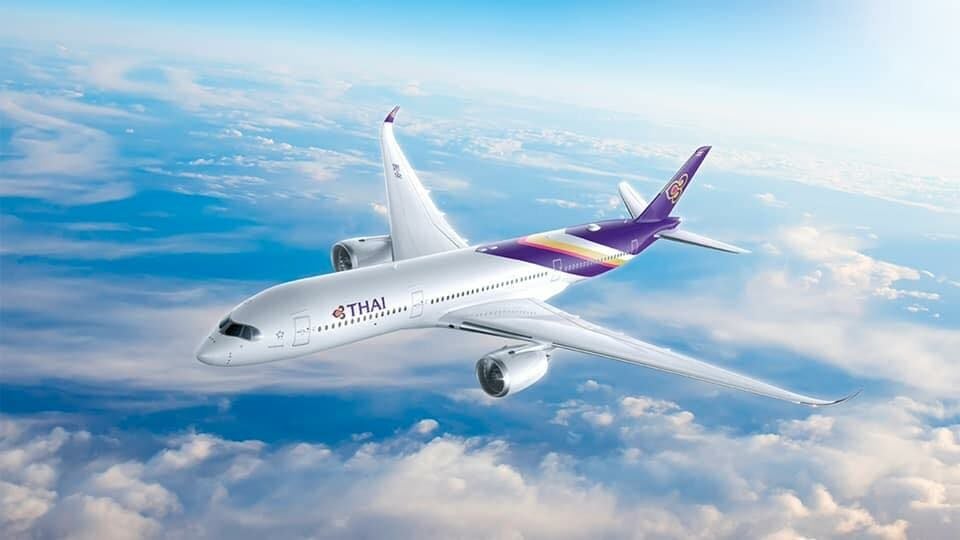Thai authorities craft national oil proposal to boost sustainable aviation fuel

In a bid to bolster the aviation industry’s effort to curtail carbon dioxide emissions, Thai energy authorities are in the process of crafting a novel national oil proposal. The blueprint will cater to the evolution of Sustainable Aviation Fuel (SAF), a biofuel variant for aircraft.
The appeal of SAF lies in its strong resemblance to jet fuel in terms of properties, albeit with a significantly reduced carbon footprint.
Patteera Saipratumtip, deputy director-general of the Department of Energy Business, disclosed that the company is working on factors that can make SAF another mainstream fuel as well as support domestic production of this biofuel.
The deputy director-general further indicated that a proposition for investment incentives catering to SAF production is expected to be finalised come early 2024. The aviation industry currently faces a cost challenge with SAF, which is priced two to three times higher than conventional jet fuel. Hence, authorities are also mulling over a reduction in the jet fuel excise tax, which stands at 20% of the retail price, to encourage SAF usage. This was suggested by Nathasit Diskul, president of Bangkok Aviation Fuel Services Plc.
Advocacy for SAF usage is not confined to Thailand. The International Civil Aviation Organization promotes its use as a strategy to enable member countries to reach a net-zero target by 2050. This involves achieving an equilibrium between greenhouse gas emissions and absorption.
Countries and international bodies globally have endorsed the use of SAF. The United States, for instance, provides tax incentives to SAF manufacturers. The European Union has enacted a mandate that necessitates a minimum quota of SAF in the total aviation fuel supply, with projected targets of 2% by 2025, 5% by 2030, and an ambitious 70% by 2050.
Japan has set an objective for international flights transiting through its airports, stipulating a 10% SAF blending rate by 2030, reported Bangkok Post.
In line with this global trend, Thailand’s Bangchak Corp Plc and Energy Absolute Plc have declared their intentions to manufacture SAF from used cooking oil. Additionally, in 2023, national oil and gas conglomerate PTT Plc announced their subsidiary PTT Oil and Retail Business Plc’s collaboration with Thai Airways International (THAI) to test SAF usage for a flight from Bangkok to Phuket.
The company refrained from sharing more details, merely stating that the plan involves collaboration with multiple companies, including Neste, a leading SAF producer based in Finland. This pilot usage of SAF by THAI aligns with its objective to minimise its carbon footprint.
In related news, Thai Airways and PTT Oil piloted a flight using sustainable aviation fuel, marking a significant step towards eco-friendly aviation.
Latest Thailand News
Follow The Thaiger on Google News:


























